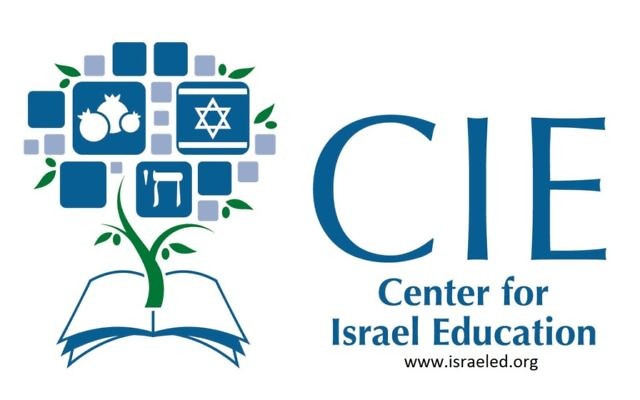Day Schools Sign On to Revitalize Israel Education
An initiative provides staff and resources to support eight schools in the U.S. and Canada.
The imperative veshinantam levanecha (you shall teach your children diligently) has become more pressing than ever at a time when history is being rewritten by vocal interest-driven groups.
Not only do our students encounter the typical online disinformation and the various narratives of the Arab-Israel conflict, but they also learn about the legislation of European elected officials disavowing any culpability or responsibility for the past. Against the overwhelming tide of “fake news,” it is hard for students to discern truth from fiction and even harder for teachers to know what and how to teach about Israel.
The Center for Israel Education has trained thousands of educators with effective strategies for teaching Israeli history, politics, economics and culture. At the core of this instruction is the use of primary sources to tell the story of Jewish self-determination, state building, creativity and ingenuity.

Now, through a generous grant, CIE can extend our impact to meet schools where they are and guide them to achieve new successes in the teaching and learning of Israel.
Over the next three years, CIE will mentor the faculty of eight schools to enhance their teachers’ content knowledge and pedagogic approaches, leading them to create impactful Israel curricula for all ages.
We will be visiting schools in the United States and Canada to deliver customized, professional development and resources for teachers of Judaics, Hebrew, social studies, science, art and more.
When teachers of all subject areas, Jewish and non-Jewish, come together to create integrated units of study about Israel, it sends a powerful message to students and families that Israel is central to the school’s mission and purpose. It also provides opportunities for teaching high-level critical thinking skills as students learn to compare and contrast Israel’s history and political systems with their own.
Finally, as graduates of Jewish day schools engage in the difficult and nuanced conversations with those who wish to rewrite history, they will be able to say that they saw the actual document, photo, land deed or other primary source to support them, rather than be swayed by memes or social media posts.
As we move forward and get to know the mission, administration and faculty of each school, we recognize the variety of challenges we face.
First, some schools are more advanced than others in terms of what and how they are teaching about Israel. This requires careful analysis of existing curricula to find where gaps exist.
Second, schools, like many organizations, can be hesitant to initiate change. This can be exacerbated by concerns about parents’ political biases and community responses.
Third, thinking differently about how Israel is woven into the fabric of the school may require leadership to think differently about some basic structures. For example, modifying the schedule to allow for common planning time among teachers of different divisions and disciplines may have a cascading impact on the typical master schedule.
Despite these challenges, the schools we are working with have demonstrated a willingness to make major and minor changes because they view their students’ Israel literacy as paramount.
When we teach our children diligently, Israel is taught year-round by all teachers and across all subjects, without bias or political leanings. Attention is given to our Jewish values and characteristics that sustain a dynamic collective and a valued identity.
We are excited to partner with schools seeking to fulfill their mission and purpose of preparing students for the increasingly challenging world they will face.
Tal Grinfas-David is the day school education specialist for the Center for Israel Education (www.israeled.org).




comments